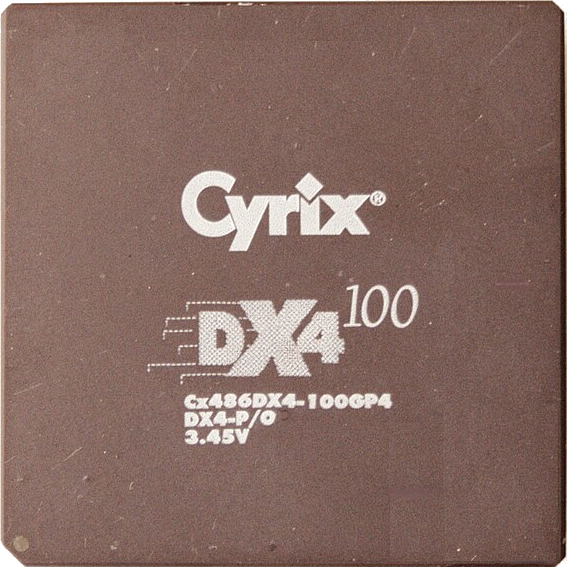- cross-posted to:
- programming@programming.dev
- cross-posted to:
- programming@programming.dev
That gave a really nice overview for someone who hasn’t had to dabble in IPV6 yet, thanks!
The guide mentions:
Your ISP will give you the first 64 bits, and your host machine will have the last 64 bits.
This isn’t correct. While some ISPs do give you the first 64 bit (a /64 prefix), this isn’t recommended and not terribly common either. An ISP should give its users prefixes with less than 64 bit. Typically a residential user will get a /56 and commercial users usually get a /48. With such a prefix the user can then generate multiple /64 networks which can be used on the local network as desired.
I literally wrote like a week ago for a guide like this
This is awesome and answers so many questions. I kept trying to force IPv6 addresses to my machines and they kept not doing it! I also didn’t know they would have multiple addresses.
This is useful. Thanks
Acronyms, initialisms, abbreviations, contractions, and other phrases which expand to something larger, that I’ve seen in this thread:
Fewer Letters More Letters CGNAT Carrier-Grade NAT DNS Domain Name Service/System IP Internet Protocol IoT Internet of Things for device controllers NAT Network Address Translation VPN Virtual Private Network VPS Virtual Private Server (opposed to shared hosting)
7 acronyms in this thread; the most compressed thread commented on today has 13 acronyms.
[Thread #814 for this sub, first seen 18th Jun 2024, 11:05] [FAQ] [Full list] [Contact] [Source code]




